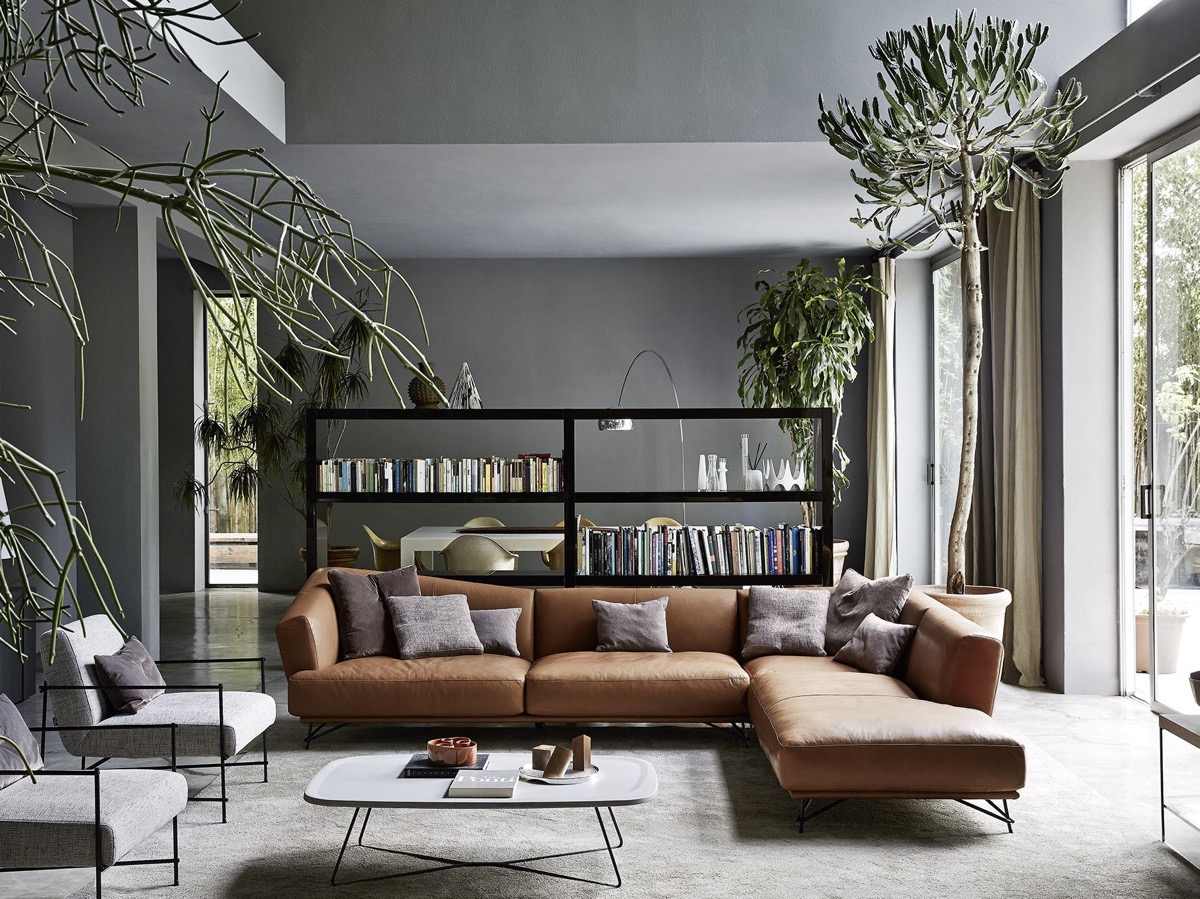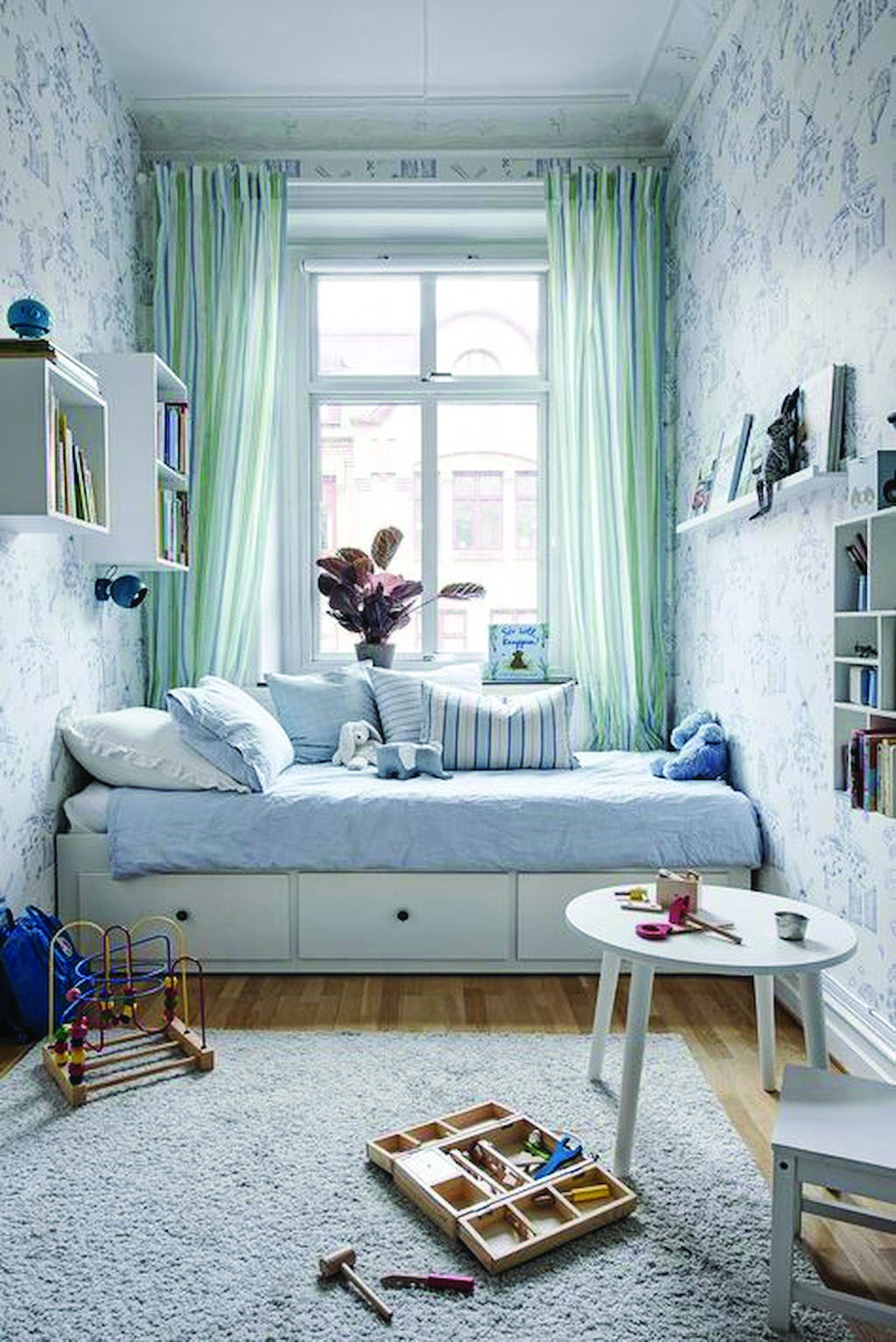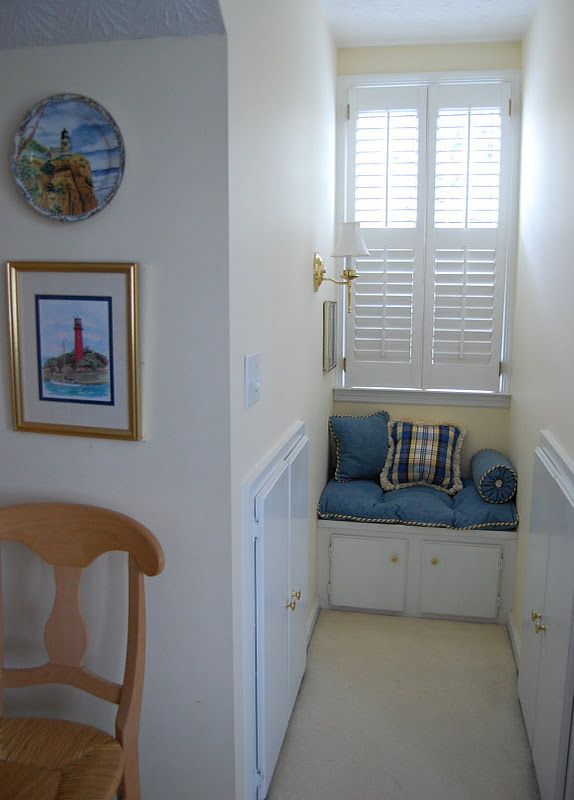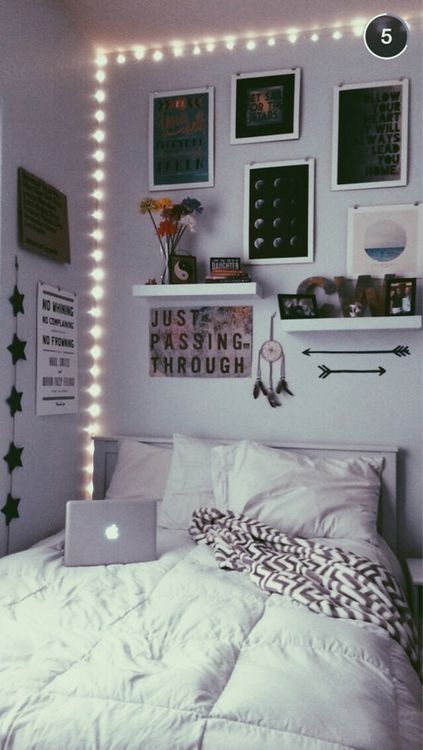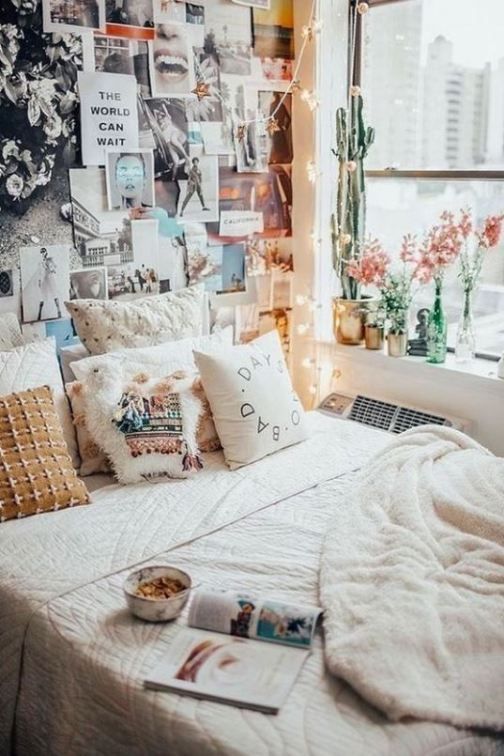When designing a living room, it’s essential to create a functional, comfortable, and visually appealing space. However, there are some common things that people need to correct when it comes to living room layouts. Here are a few of them:
Poor furniture placement
One of the most common mistakes is placing furniture against the walls and leaving too much space in the center of the room. This can create a disconnected and uninviting atmosphere. Instead, arrange furniture in groupings to create conversation areas and a more intimate setting.
Overcrowding the room
On the flip side, overcrowding the living room with too much furniture can make it feel cramped and cluttered. Make sure to leave enough space for easy movement and flow. Consider the size of your furniture with the room and choose pieces proportional to the area.

Ignoring the focal point
Every living room should have a focal point, whether a fireplace, a large window with a view, or a TV. Ignoring the focal point can make the room feel disorganized. Arrange your furniture to emphasize the focal point and create a natural flow towards it.
Lack of proper lighting
Insufficient or poorly placed lighting can make a living room dark and uninviting. Make sure to incorporate a combination of ambient, task, and accent lighting to create a well-lit and layered space. Consider using a mix of overhead lights, floor lamps, table lamps, and wall sconces to achieve the desired effect.
Neglecting functionality
While aesthetics are important, it’s essential to consider the functionality of the space. Make sure to have enough storage solutions to keep clutter at bay, and ensure that seating arrangements are comfortable and practical. Consider the needs and lifestyle of your household when choosing furniture and accessories.
Poor rug placement
Rugs can tie a room together, but placing them correctly can save the entire layout. Avoid choosing too small rugs for the space, as this can make the room feel unbalanced. Ideally, a rug should be large enough to anchor the main furniture pieces and create a cohesive look.
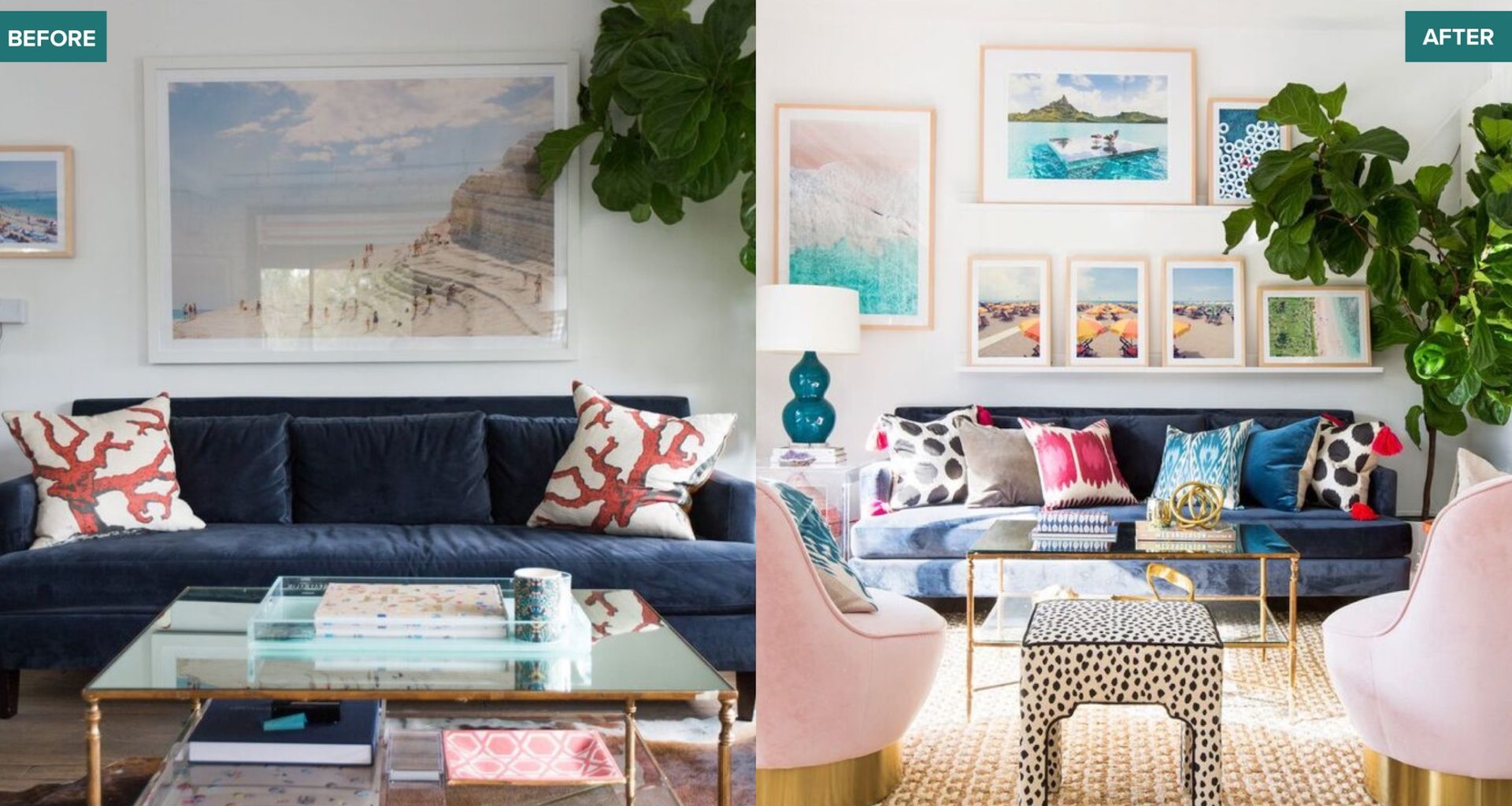
Lack of personalization
Lastly, a common mistake is not adding personal touches to the living room. Your living room should represent your style and personality. Feel free to incorporate artwork, family photos, and decorative items that make the space uniquely yours.
Poor traffic flow
It’s essential to consider the traffic flow in your living room. Avoid placing furniture in a way that obstructs pathways or creates obstacles. Ensure there is enough space for people to move around without navigating through furniture or bumping into objects.
Lack of balance
Achieving balance in the living room is crucial for creating a visually pleasing space. Avoid placing all the furniture and accessories on one side of the room, as it can make it feel lopsided. Distribute the visual weight evenly by arranging furniture and decor in a balanced manner.
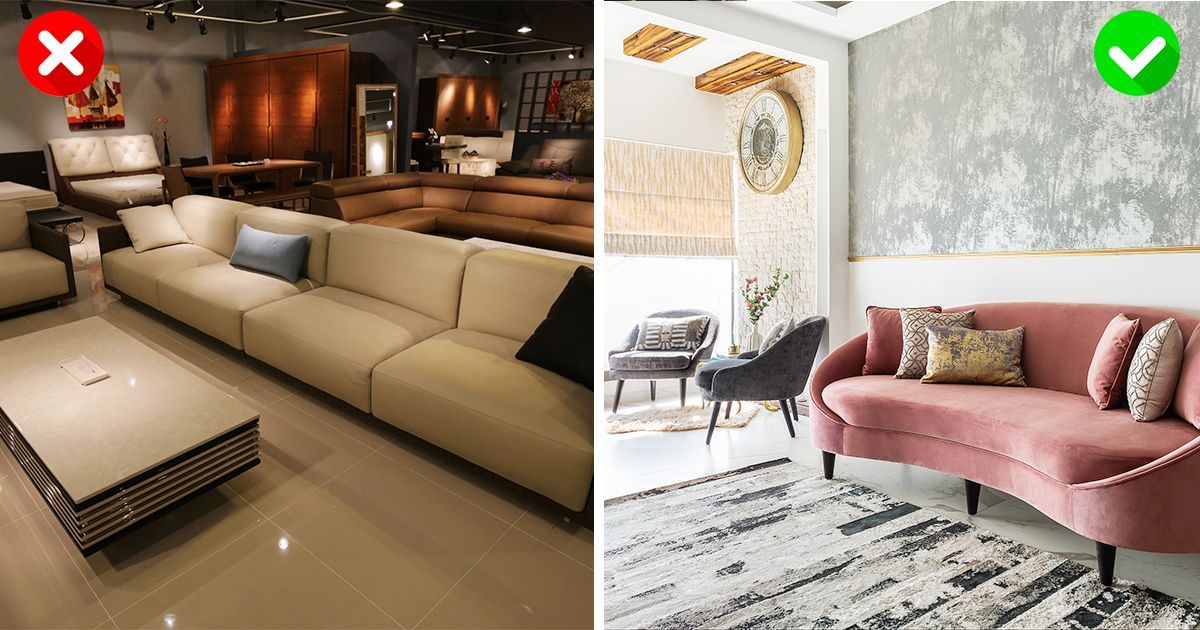
Refrain from discarding the scale and proportion
Choosing furniture out of scale with the room can make it feel off-balance and awkward. Large furniture pieces in a small room can overpower the space, while small furniture in a large room can make it feel empty and lacking. Pay attention to the scale and proportion of pieces to ensure it suits the size of the room appropriately.
Neglecting the importance of negative space
Negative space refers to the empty areas in a room that help build a sense of balance and visual rest. Leaving some areas of the room uncluttered and furniture-free can give the living room a more open and airy feel. Avoid flooding the space with too many decorative items or excessive furniture.
Inadequate consideration of technology and media
If your living room is a space for entertainment, consider the placement of technology and media devices. Ensure appropriate outlets and connections for TVs, speakers, and other devices exist. Hide wires and cables as much as possible to maintain a clean and organized look.

Lack of cohesion and unity
A well-designed living room should have a sense of cohesion and unity. This can be achieved through color schemes, patterns, and the room’s overall style. Avoid mixing too many conflicting colors or patterns that can create visual chaos. Select a cohesive color palette and stick to a consistent manner throughout the space.
Failure to consider the functionality of surfaces
Surfaces such as coffee tables and side tables are decorative and functional. Consider how you will use these surfaces and choose pieces that provide adequate space for placing drinks, books, and other items. Additionally, ensure there are enough surfaces within reach of seating areas for convenience.
Improperly scaled or placed artwork
Artwork adds personality and visual interest to a living room, but it’s important to consider scale and placement. Avoid hanging artwork that is too small for the wall or placing it too high or too low. Artwork should be at eye level for optimal viewing and proportionate to the wall and surrounding furniture.
Lack of variety in seating options
Providing various seating options is vital for accommodating different needs and preferences. Avoid relying solely on one type of seating, such as a large sofa. Consider incorporating additional seating options like armchairs, ottomans, or even floor cushions to create a more versatile and inviting space.
Cluttered or inadequate storage
Insufficient storage can lead to a cluttered living room, making it feel messy and disorganized. Ensure you have enough storage options, such as shelves, cabinets, or media consoles, to keep items like books, electronics, and media neatly stored away. Avoid letting clutter accumulate on surfaces and ensure there are designated spaces for belongings.

Lack of consideration for natural light
Natural light can significantly enhance the ambiance of a living room. Avoid blocking or obstructing windows with furniture or heavy window treatments. Opt for light and sheer curtains or blinds that allows natural light to come through while providing privacy when needed.
Neglecting acoustics
Sound can significantly impact the atmosphere of a living room. Avoid creating an echoey or overly noisy space by incorporating elements that help absorb or control sound. Consider adding rugs, curtains, upholstered furniture, or acoustic panels to help minimize noise and create a more comfortable environment.
Inadequate consideration of electrical outlets
In today’s digital age, electrical outlets are crucial for powering various devices and appliances. Ensure that there are enough accessible electrical outlets in your living room for lamps, chargers, entertainment systems, and other electronics. Consider adding additional outlets or using extension cords if necessary.

Disregarding the importance of a focal point
A focal point helps anchor the room and draws attention. Avoid having multiple competing focal points, as it can create a sense of visual confusion. Choose one dominant focal point, such as a fireplace, large artwork, or a striking piece of furniture, and arrange the rest of the room according to it.
Neglecting the role of rugs in defining zones
Rugs can define different zones within a living room, such as a seating or a reading nook. Avoid using too-small mats or placing them in a way that doesn’t define a clear zone. Ensure the carpet is big enough to anchor the furniture within the designated area.
Ignoring the architectural features of the room
Architectural elements, such as windows, fireplaces, or built-in shelving, can add character to a living space. Avoid ignoring or covering up these features with furniture or decor. Instead, incorporate them into your design and highlight their presence to enhance the aesthetic appeal.
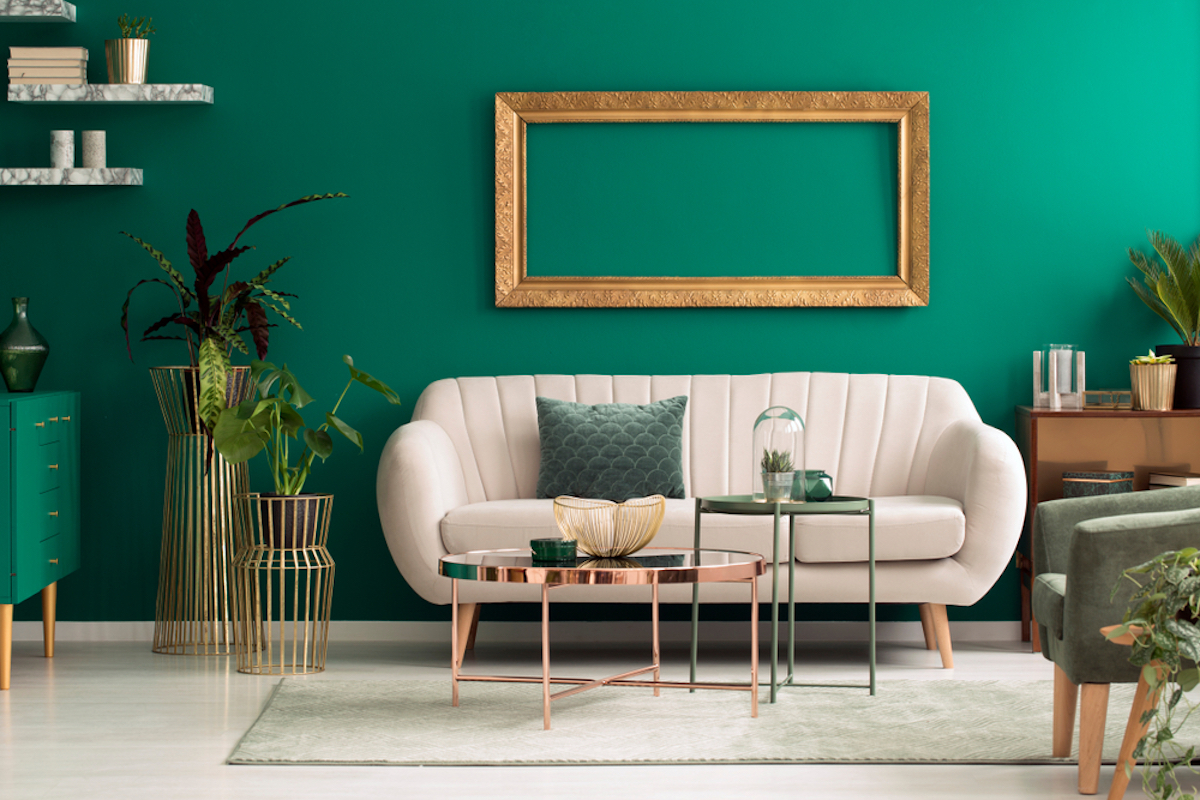
Lack of cohesion in color and pattern choices
A cohesive color and pattern scheme helps create a harmonious and visually pleasing living room. Avoid using clashing colors or mixing too many busy patterns that can make a chaotic look. Select a color palette and stick to it while designing a room, ensuring that patterns and textures complement each other.
Avoiding these common living room layout mistakes will help you build a space that is aesthetically pleasing but also practical and comfortable for everyday use. By avoiding these suggestions, you can create a living room layout that is both visually appealing and functional for daily living.
